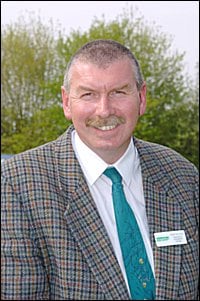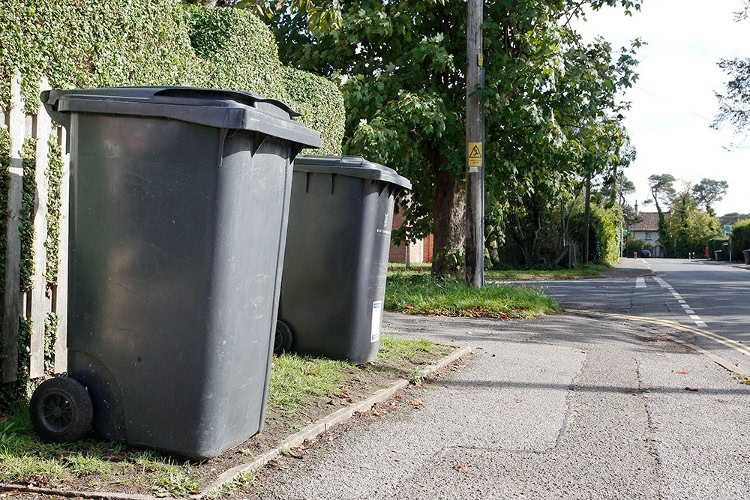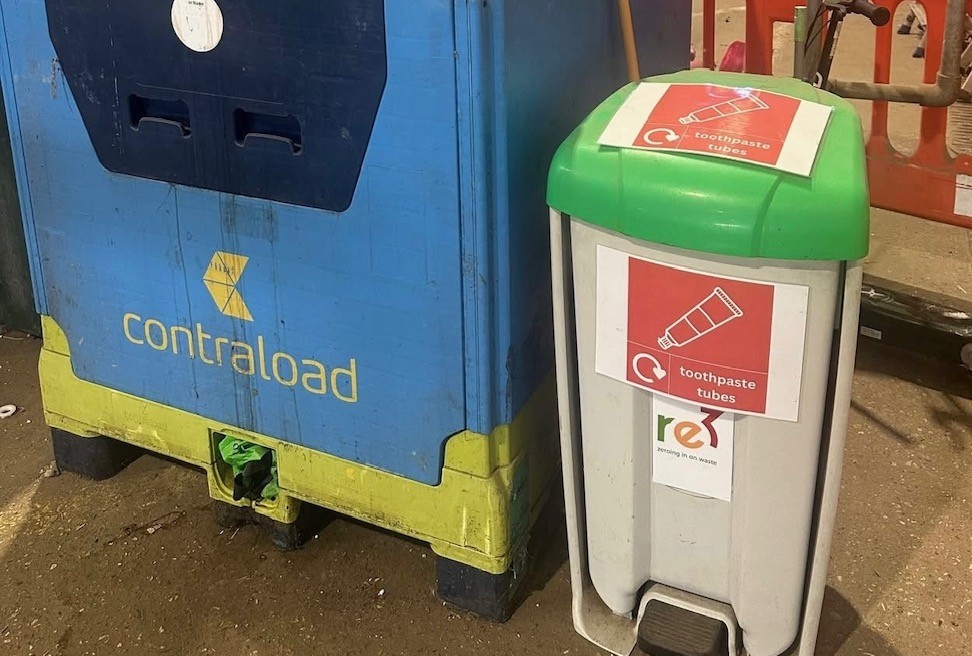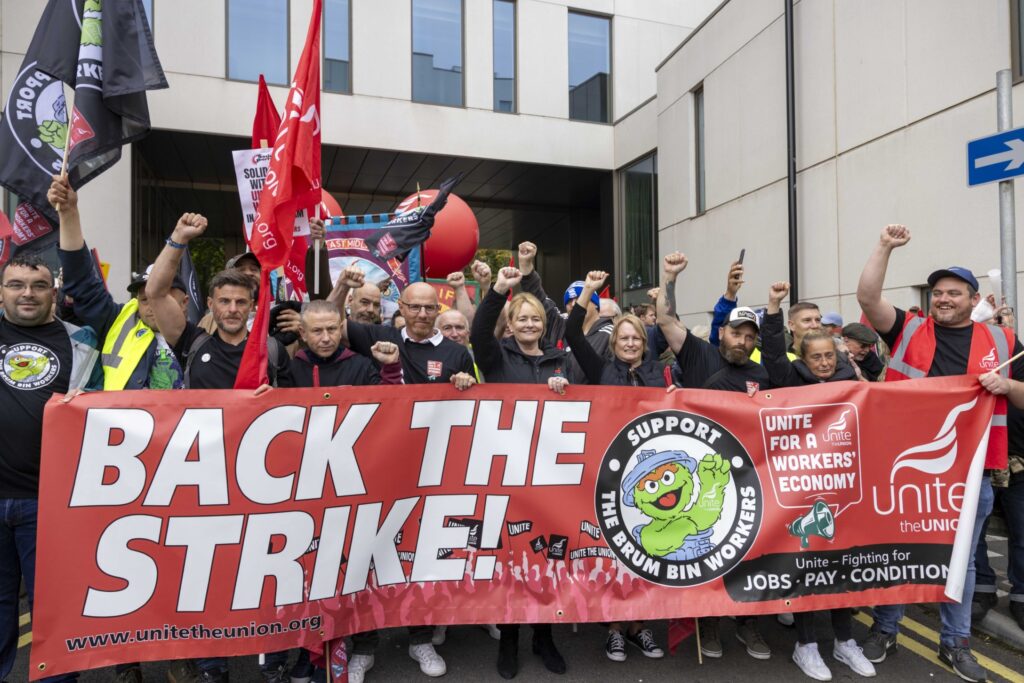How long have you been with the council?
Martyn Cole: 11 years.
Of the total amount of waste you collect, what percentage is recycled or composted?
MC: Last year it was 32%, but we're hoping to improve on this figure this year.
 Martyn Cole, recycling officer at Eastleigh borough council |
Does this show growth or decline compared to previous years?
MC: Definitely growth. We've been growing since 1996 when we started the green bin scheme – the first year we did that we increased our amount of recycling by 25%. However, after this we reached a plateau and it's been hard to increase by such numbers since.
What is the reason for Eastleigh's success?
MC: This is really a culmination of things we've done. This includes the alternate weekly collections of waste and recyclables, public education programmes and home composting. Throughout the borough there are 16,000 home compost bins which are all free of charge. There is also a strong network of 'b;ring' sites.
Some councils have had problems with fortnightly collections, how have you persuaded people to accept this?
MC: Well we took two-and-a-half years to have the scheme running right across the borough. This meant we had lots of time to educate people about the scheme so that they understood and appreciated it. We also had very strong political backing.
How has recycling been funded?
MC: The majority of the funding has been supplied by internal capital investment programme money. For the fortnightly collections, as we took two-and-a-half-years to have it properly running we could split the funding over three financial years rather than one. Defra has also awarded us a grant of 175,000 for a pilot garden waste collection program and they're also funding a new glass collection service.
Is it an advantage working with project Integra?
MC: It is a great advantage – Integra supplies us with sites to take the materials to once we have collected them. Also, being part of Integra helps us secure deals with paper mills and other recycling sites. The borough wouldn't have nearly am much success if it simply worked on its own.
Where are the recyclables taken to once you collect them?
MC: All of the different types go to different places; the glass goes to Midland Glass at Southampton Docks, paper banks are operated by Aylesford Newsprint, the Salvation Army collects the textiles, aluminium foil is collected by volunteers and is taken to the QE2 centre where it is sorted and sold back to the industry with funds going directly to the centre. Plastics are collected and sold on to various markets.
Barnet council in London has said it may prosecute people who do not recycle. Does Eastleigh have any plans to do this?
MC: Not at the moment. The current target is a recycling level of 40% (the highest set by the government) and if we have trouble reaching it due to poor public support and co-operation then we may have to employ this strategy. However, at the moment we rely on public co-operation and it works perfectly. Besides, if we force people to recycle, then they may view it as more of a chore and be less keen to do it.
Do you ever have open days so members of the public can see the recycling process?
MC: We used to have road shows when we were introducing the new bins but we don’t find the necessary at the moment.
Instead of one recycling bin, why not let householders have three for different materials to make it easier at the processing plant?
MC: We have thought about that but there are two opposing reasons – many people in the borough would simply not have the space to store four bins and it would cost a huge amount to produce that many bins.
How much of the household recycling that's collected actually gets recycled?
MC: It varies. 100% of the recyclables from the 'b;ring' sites are recycled. However it is a different story from kerbside collections, roughly 10% of the recyclables are rejected – this mainly occurs when people put the wrong plastics in, especially yoghurt puts and other hard plastics which have the recycling logo on them. We are constantly trying to reduce this number.
What are you planning for the future?
MC: Our most significant new scheme is going to be a trial kerbside glass collection service. This will begin in December with 20,000 houses at first. Residents in the trial area will have a separate collection box for all their mixed colour bottles and jars. They will have this collected once per month. If the trial is a success we hope to roll it out to all across the Borough. Also, four independent weeks during next year will have a textiles kerbside collection service running. This is happening with in partnership with the Salvation Army – they will deliver the collection bags and we will collect them. The collected material will then be forwarded on to their sorting facility in Kettering.








Subscribe for free